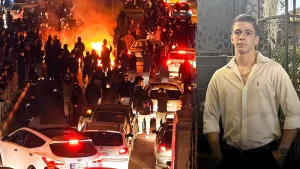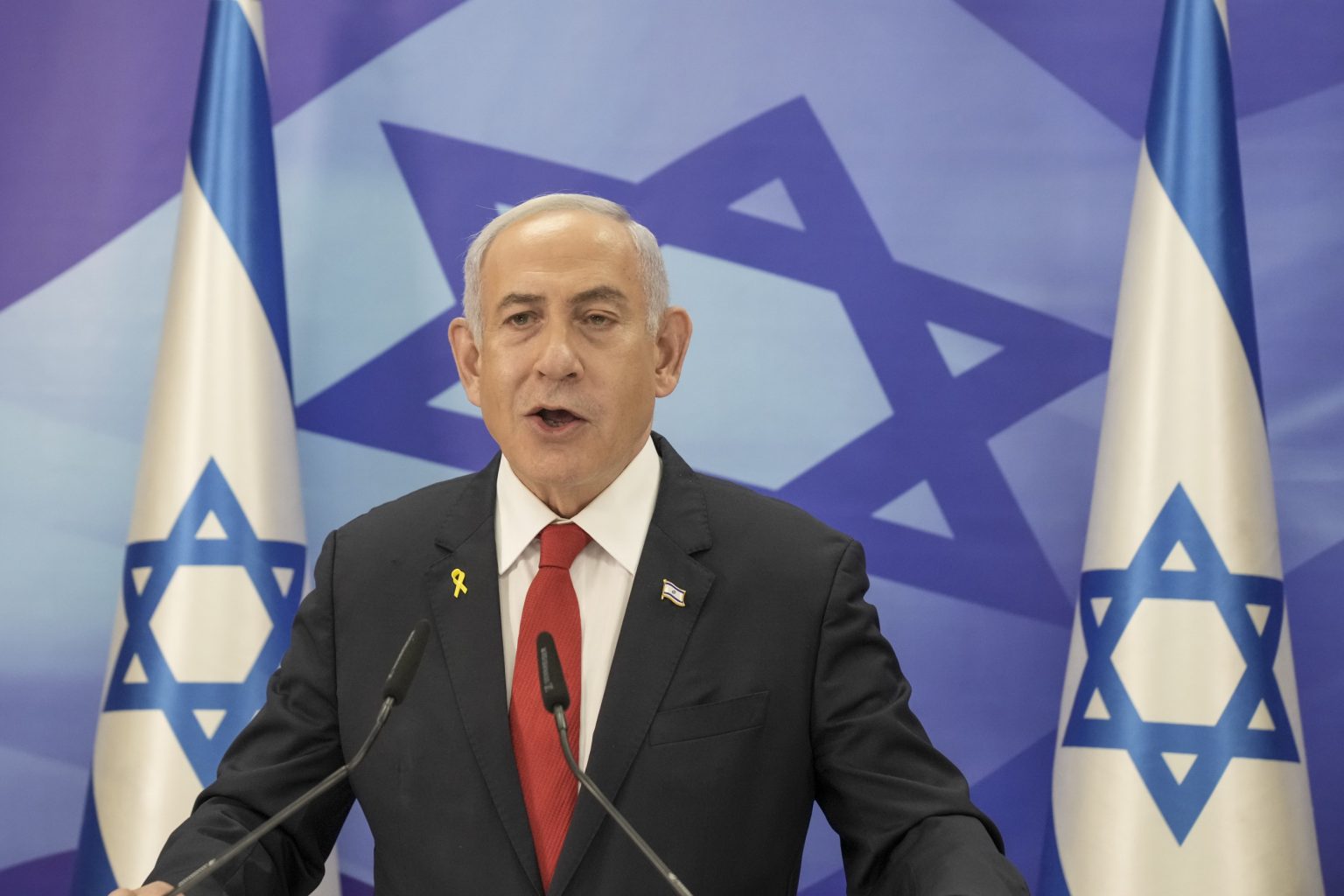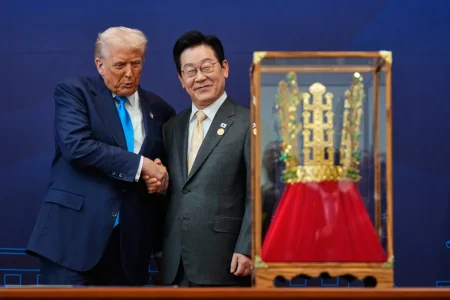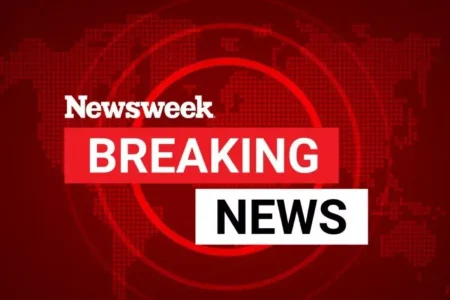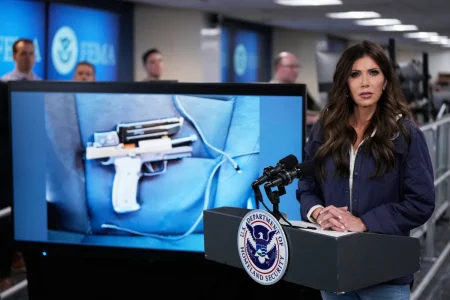The fragile hope for a ceasefire between Israel and Hamas, painstakingly brokered by the United States and Qatar, has been thrown into jeopardy by a last-minute crisis triggered by Hamas’s alleged backtracking on agreed-upon terms. Israeli Prime Minister Benjamin Netanyahu’s office announced the postponement of the crucial Cabinet meeting that was slated to ratify the agreement, citing Hamas’s attempt to “extort last-minute concessions.” The sudden reversal underscores the deep-seated mistrust and complex dynamics that have plagued the Israeli-Palestinian conflict for decades, threatening to unravel the delicate negotiations and prolong the cycle of violence. The specifics of Hamas’s purported deviations from the agreement remain shrouded in secrecy, adding to the pervasive uncertainty surrounding the future of the ceasefire and the fate of the hostages held by Hamas.
The proposed ceasefire agreement, hailed by some as a potential breakthrough in the protracted conflict, centered on a phased exchange of hostages and prisoners. Over a six-week period, Hamas was to release the 33 hostages it had seized during its October 7 attack on southern Israel. In return, Israel would release hundreds of Palestinian prisoners and withdraw its forces from substantial areas within the Gaza Strip. This reciprocal arrangement, mediated by the United States and Qatar, aimed to de-escalate the escalating hostilities and pave the way for a more durable cessation of violence. However, Hamas’s alleged eleventh-hour demands have cast a long shadow over the viability of the agreement, raising concerns about the group’s commitment to a peaceful resolution.
The abrupt postponement of the Israeli Cabinet meeting signals a significant setback in the delicate diplomatic efforts. The Cabinet’s approval was a critical step towards implementing the ceasefire, and the delay suggests a deep rift between the negotiating parties. The lack of transparency regarding the specific points of contention further complicates the situation, fueling speculation and mistrust. The delay raises questions about the resilience of the agreement and the ability of the mediators to bridge the widening gap between the two sides. The international community watches with bated breath, hoping for a swift resolution to the impasse and a return to the negotiating table.
The timing of Hamas’s alleged U-turn is particularly troubling, coming just as the agreement seemed poised for ratification. This unexpected development underscores the volatile nature of the conflict and the precariousness of any negotiated settlement. It also highlights the challenges of dealing with Hamas, a designated terrorist organization by many countries, including the United States and Israel. The group’s history of reneging on agreements and engaging in unpredictable behavior further complicates the situation, making it difficult to establish trust and build a sustainable peace process. The international community’s ability to effectively engage with Hamas remains a significant obstacle to achieving a lasting resolution to the conflict.
The unfolding crisis has far-reaching implications, not only for the immediate fate of the hostages and the prospects of a ceasefire but also for the broader regional stability. The prolonged conflict has already resulted in immense human suffering and widespread destruction in Gaza. A failure to reach a ceasefire agreement risks further escalation of violence, with potentially devastating consequences for both Israelis and Palestinians. The uncertainty surrounding the agreement also threatens to destabilize the region, exacerbating existing tensions and potentially igniting wider conflicts. The international community faces a critical challenge in navigating this complex situation and finding a path towards a sustainable peace.
The current impasse underscores the urgent need for renewed diplomatic efforts to salvage the ceasefire agreement and prevent a further escalation of violence. The United States and Qatar, as key mediators, must redouble their efforts to bridge the gap between Israel and Hamas and address the outstanding issues that have led to this latest setback. The international community must also exert pressure on both sides to demonstrate good faith and commit to a peaceful resolution of the conflict. The release of the hostages and the implementation of a durable ceasefire are crucial steps towards ending the cycle of violence and paving the way for a more peaceful future for both Israelis and Palestinians. The stakes are high, and the time for decisive action is now.

